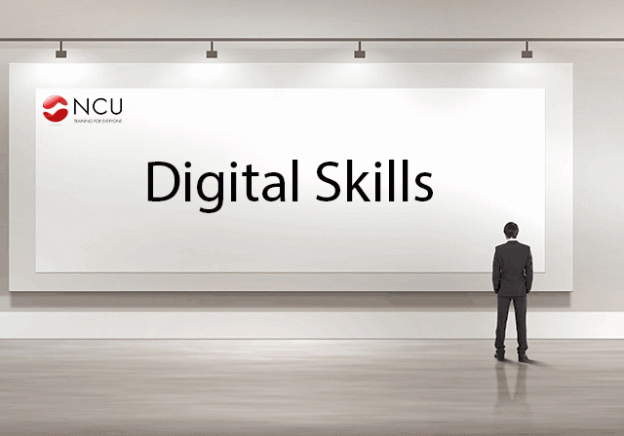We can often get caught up in making sure our CV’s and cover letters are looking great. We live in a digital world and employers are using the internet and internet technologies to research potential employees. This could be anything from viewing a Twitter feed for red flags, a Facebook page (if public), LinkedIn, YouTube, the list goes on. Here are a few things to consider.
Start by searching your name in Google: This is where your potential employer will probably start so pre-empting this with a couple of search combinations would be a good idea. It might be an idea to do this from another computer as you probably have pages stored in your history that will influence your searches. Search your name and see what comes up, see if you can get to your Facebook page from a search (like “your name Facebook” or “your name Dublin Facebook”) try different combinations and note the ways you got to your personal pages and what is visible on them. This will then help you to determine what is public and what is private on your social pages.
Set up an email specifically for your job seeking: You might not think it is important but the email address you send your CV from is very important. When a potential employer receives an email, try not to send it from that email address you set up when you were 16. Setting up an email specifically for your job seeking will not only gather all your job-seeking activities under one heading but will look much better and more professional.
Less of johnerliverpoolfan@gmail.com more of john.doe@gmail.com
If you choose Google as your email provider you will have access to 15 GB of free storage via Google drive. This can work well as a cloud storage location for all your cover letters and CV’s and give you access to them from any computer. This makes it easier should an opportunity arise that needs a speedy response.
Keep your social media pages as private as possible: When you set up a Facebook page it’s important to remember to set your privacy settings (the default is public for new pages). A potential employer could quite easily decide to research your social media activities and the last thing you want is your new boss seeing the aftermath of that bottle of vodka you drank on Saturday night. Be as careful as possible when posting anything that might go against a company’s view or might be used as a negative against an application.
For instance: posting about a Shell oil spillage that killed 1000’s of sea birds whilst having an open job application with Topaz (Shell re-branded as Topaz in Ireland in 2008)
Research the company you are applying for: The internet is an amazing resource for research. If you apply for a job with a company, find the company on Facebook and twitter. See the kinds of things they post about and inform yourself about the company through their website. Gather as much information as possible about them so that if you do get called for interview you are prepared for the “why do you want to work for…” or “What do you know about our business…” questions.
For a list of the toughest interview questions click here
Keep up to date: Try to stay as up to date as possible with changes to existing technologies and new technologies. Be informed and maintain your digital skills because they are a great asset to you. Be aware of the free services available to you (like Google drive etc) and use them to your advantage because others are.
The verge is a great place to keep up on new technologies and news.
Forbes technology section is also good for tech news.
Good luck out there.
Keith Byrne
NCU Training

